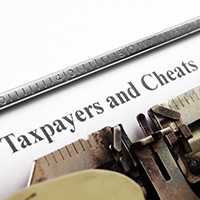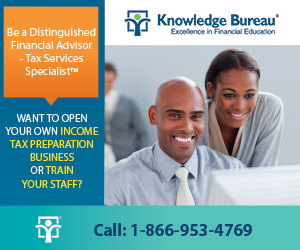Last updated: July 19 2016
Tax Cheating on Real Estate scores $14 Million for CRA

Leaked documents from CRA have been reported in China, indicating that 50 tax auditors and 35 additional staff have been deployed to crackdown on real estate tax cheats in Vancouver. CRA confirmed to the CBC that indeed 339 audits have reaped $14 million in tax recoveries in 2015/2016. Here’s how to stay out of trouble.
The issues concern flipping real estate while claiming the personal residence exemption. One of the problems is that the Income Tax Act does not spell out when gains from the sale of a home in which you live are subject to taxation; only that to qualify for the exemption, someone in the household must inhabit the property “at some time” in the tax year, and there must not be another principal residence claimed for the exemption at the same time. Form T2091 has a good, but complicated explanation and calculation.
In terms of losing the principal residence exemption, there is a danger in flipping principal residences too often. It’s possible that the transactions will be considered to be an “an adventure or concern in the nature of trade”; in other words, a business transaction, or a transaction subject to capital gains treatment.
Your intention in acquiring the property has a lot to do with the tax result, and the onus of proof is on you to clearly articulate and prove it was not to make a profit.
CRA is clear on the matter: the sale of even one home can result in the reporting of either business income or a capital gain. They describe the rules in a tip sheet. Paraphrased, you’ll need to explain:
 |
- What was your intention at the time the property was purchased or built?
- What was your actual course of conduct in carrying out your intention?
- If your intention changed after the purchase of the property, why?
- What is your business or profession? If it’s related to the buying and selling of real estate, there is a greater probability the transaction will be taxable.
- How did you finance the purchase? Short term, long term?
- What was the length of the ownership period?
- How frequent have similar transactions been?
No single factor is conclusive but if the primary factor is to sell at the earliest opportunity at a profit, CRA will likely consider the profits fully taxable.
Seeing a DFA-Tax Services SpecialistTM is important before you acquire and sell real estate, and documenting your conduct and reasons for the transactions can be important for a subsequent tax audit.
Additional Educational Resources include DFA-Tax Services SpecialistTM program and EverGreen Explanatory Notes.
Evelyn Jacks is President of Knowledge Bureau, Canada’s leading educator in the tax and financial services, and author of 52 books on family tax preparation and planning.





